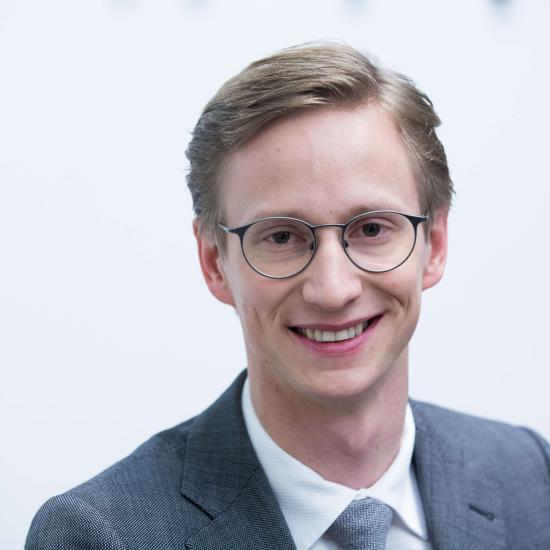MJL: You mentioned this idea of a long-term perspective, so for you, in your role as Chief Executive, what does long-term mean? Can you put numbers on that?
MF: I would say from a family perspective long-term means a generation. My father handed a very healthy business to me and it's my goal to be able to hand it as a very healthy functioning and intact business to the next generation. As a family business, I believe you always have the benefit that you can take a very long-term view. And most of our non-family investors also have a long-term view, at least five if not 10 years.
We are just as happy to sell a pair of glasses for €10 Euros as we are to sell the highest quality branded frame with branded lenses that can go up to the many hundreds of Euros. For us, the only point that matters is that the customer is happy and that he or she comes and repurchases.
We have retention rates of well over 90 percent and most of our customers come to Fielmann, not so much because of the advertising that we do, but because of personal recommendations. And I think if you look at that from a very profit-oriented perspective, you might not be able to build such a business model, because the first or the second purchase of that customer might not be profitable for you.
MJL: So in your experience do responsible owners have to be long-term owners?
MF: I think long-term accountability is important. A family business owner that wants to pass a healthy company to the next generation will act prudently so that the business can survive many years from now. On the other hand, I believe that responsible ownership can also mean taking very short-term decisive action in a situation where you need to act very fast. In the coronavirus pandemic, to keep the family business healthy long-term we needed to act very decisively. We had no idea in March 2020 how the virus would affect us. We closed all of our shops until we procured the protective equipment needed to operate the business safely, we conducted scientific research into how to best safeguard both our customers and our employees, and only then, three or four weeks later, we reopened the stores. At the same time, because we were able to get so many masks, we donated three million masks, we donated protective glasses, and we contributed to society.
Only in an intact society can we thrive as a business. The faster that business, politics, science, working together can beat this pandemic, the faster can we go back to a world that is liveable for all of us. So that interest of course is a little bit more short-term, even though I hope that it's responsible.
MJL: Where have you learned about responsible ownership? Who do you look up to in this area?
MF: In terms of inspiration, it's part of the upbringing; I look to my parents, who taught me very early on that with ownership comes responsibility. We are a household brand across many Central European households; when you carry the same name wherever you go your actions will be connected to your name, so that taught me very early on to be very mindful about the actions that I take.

